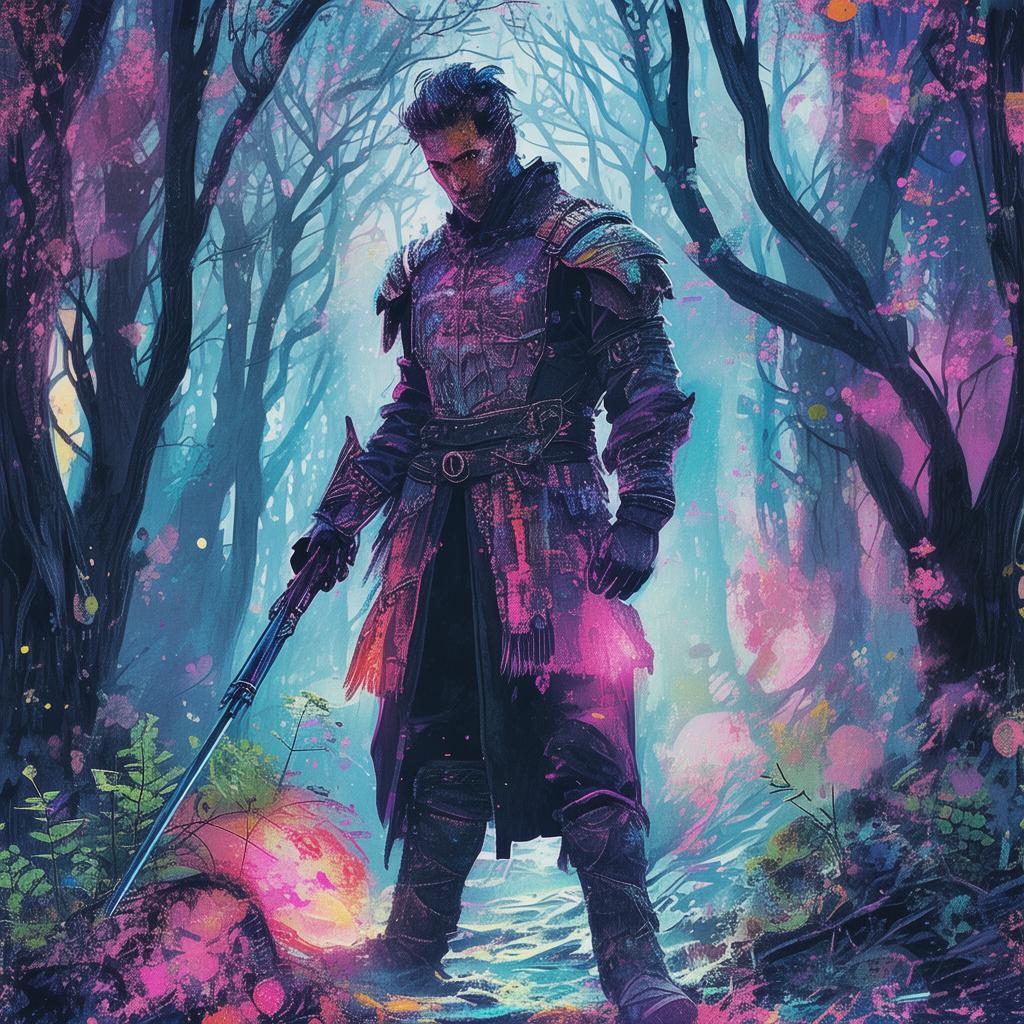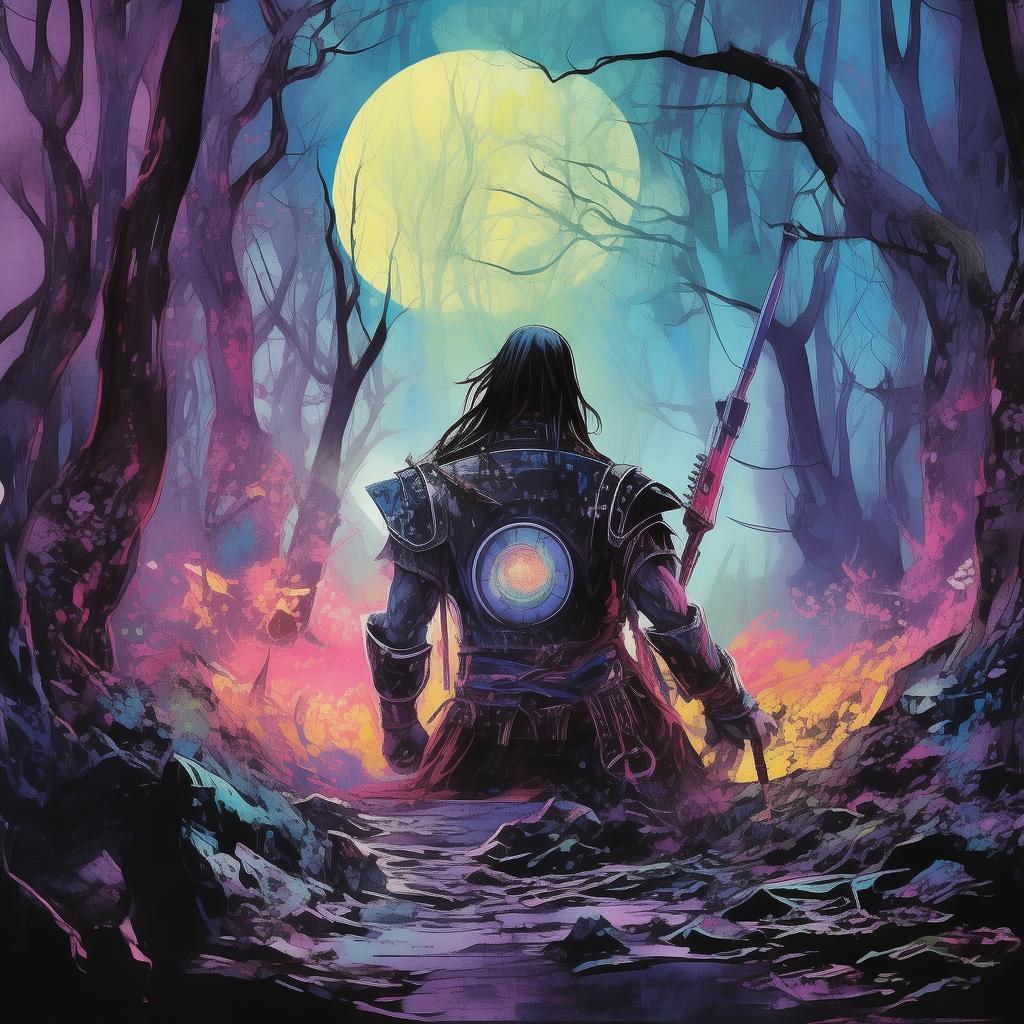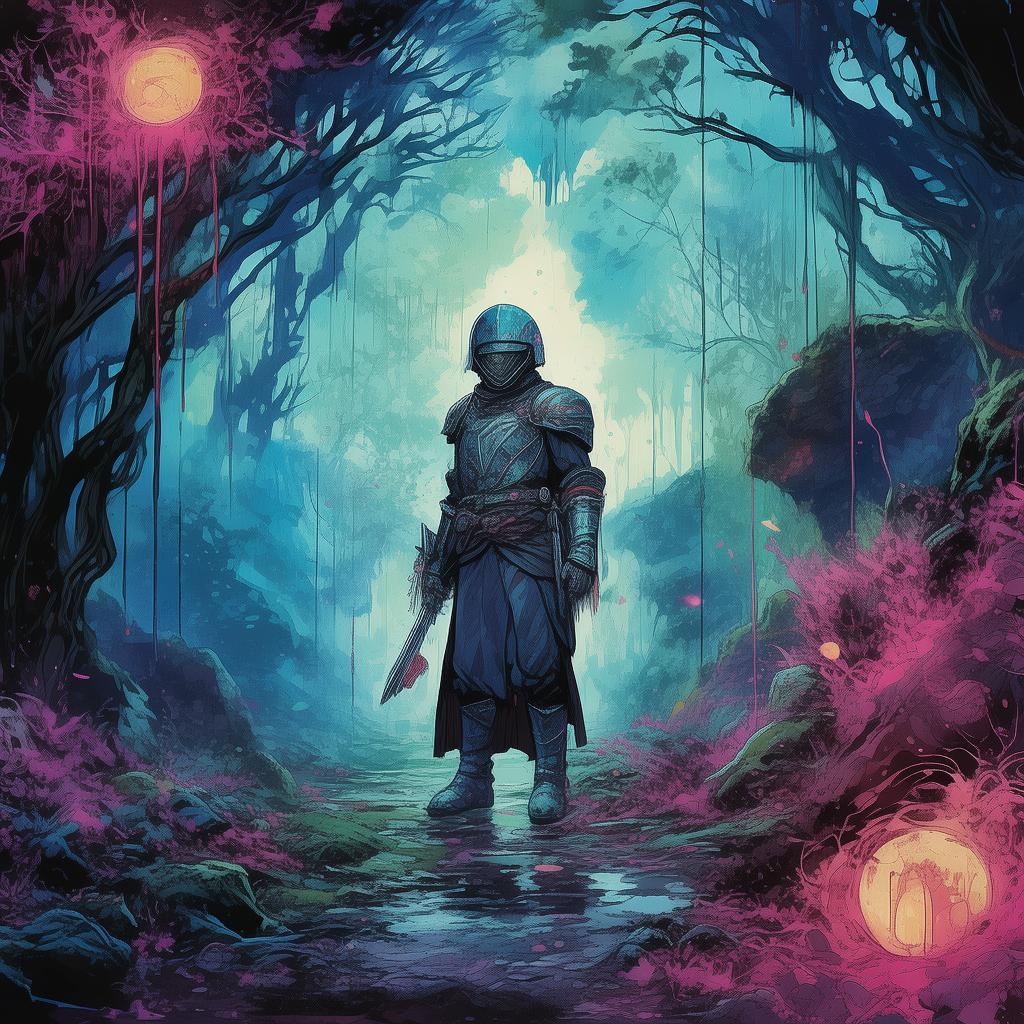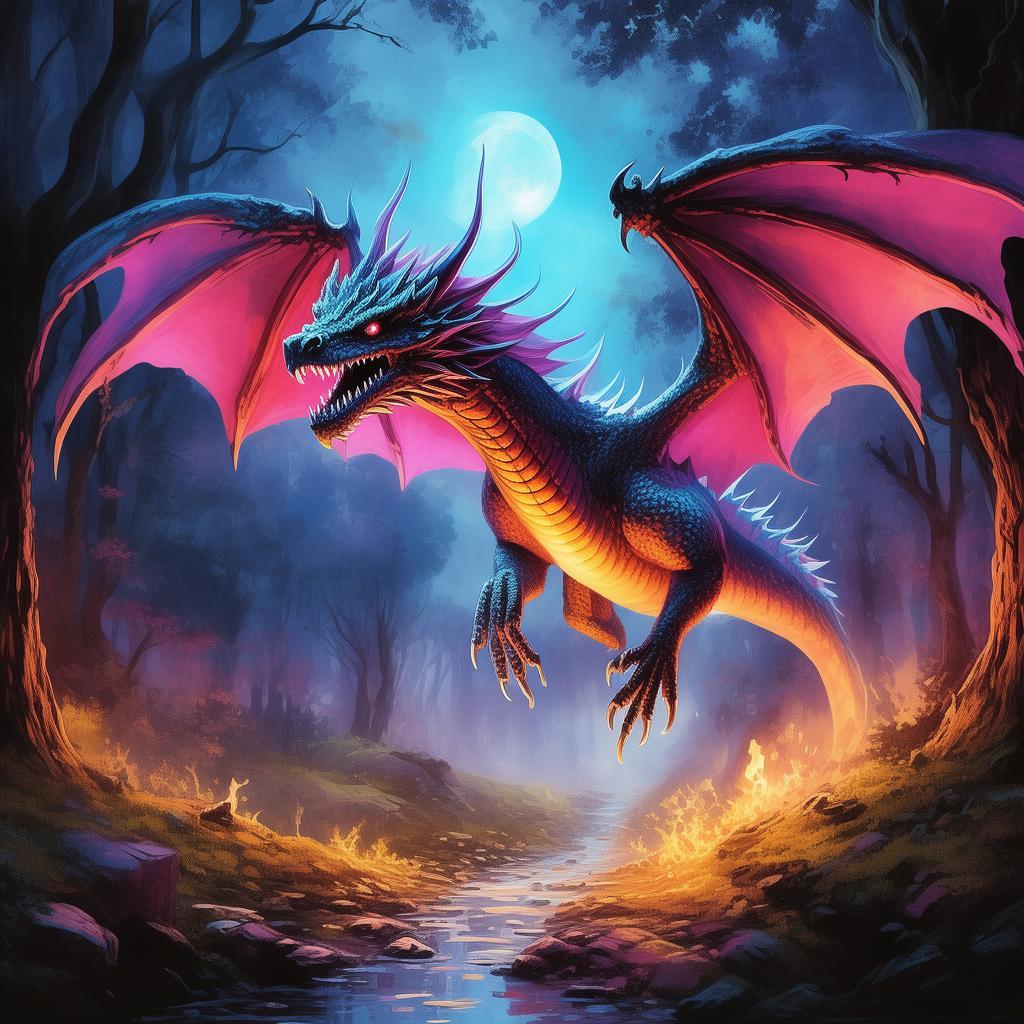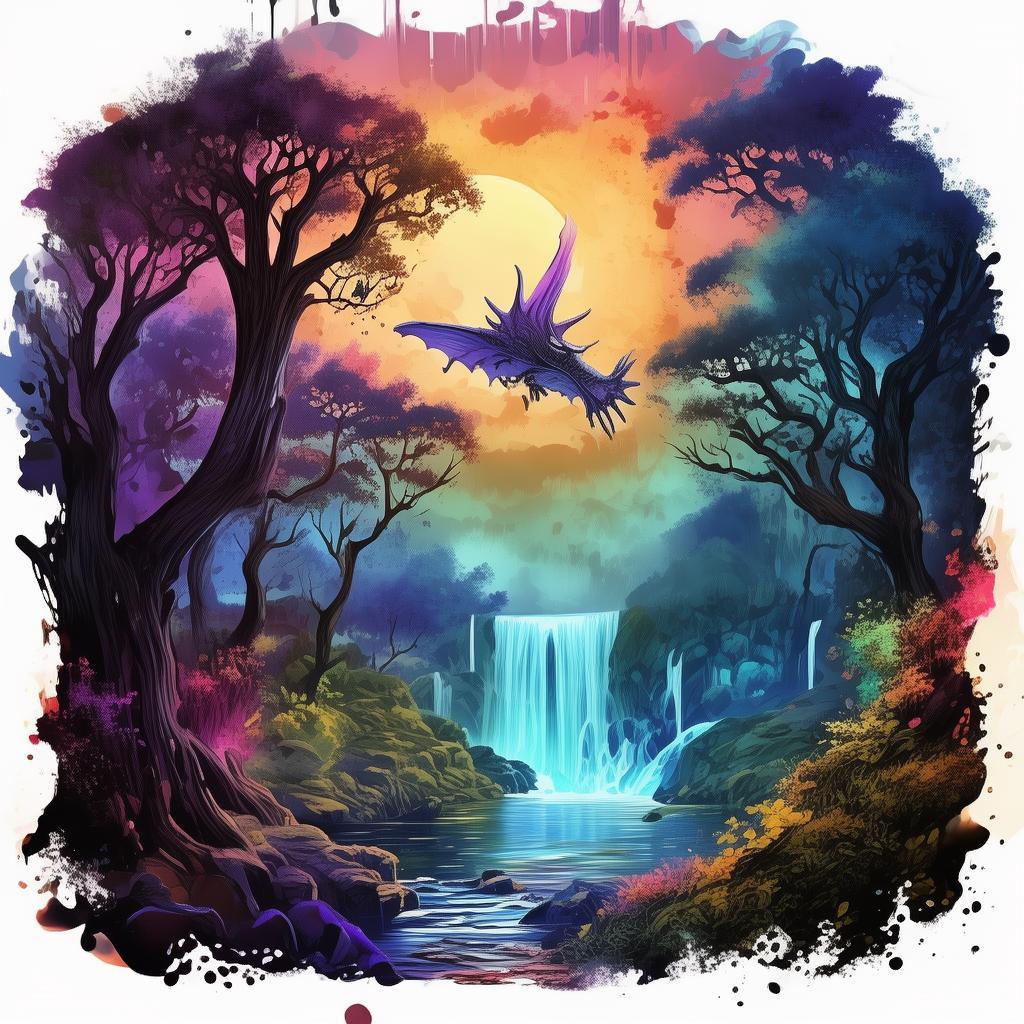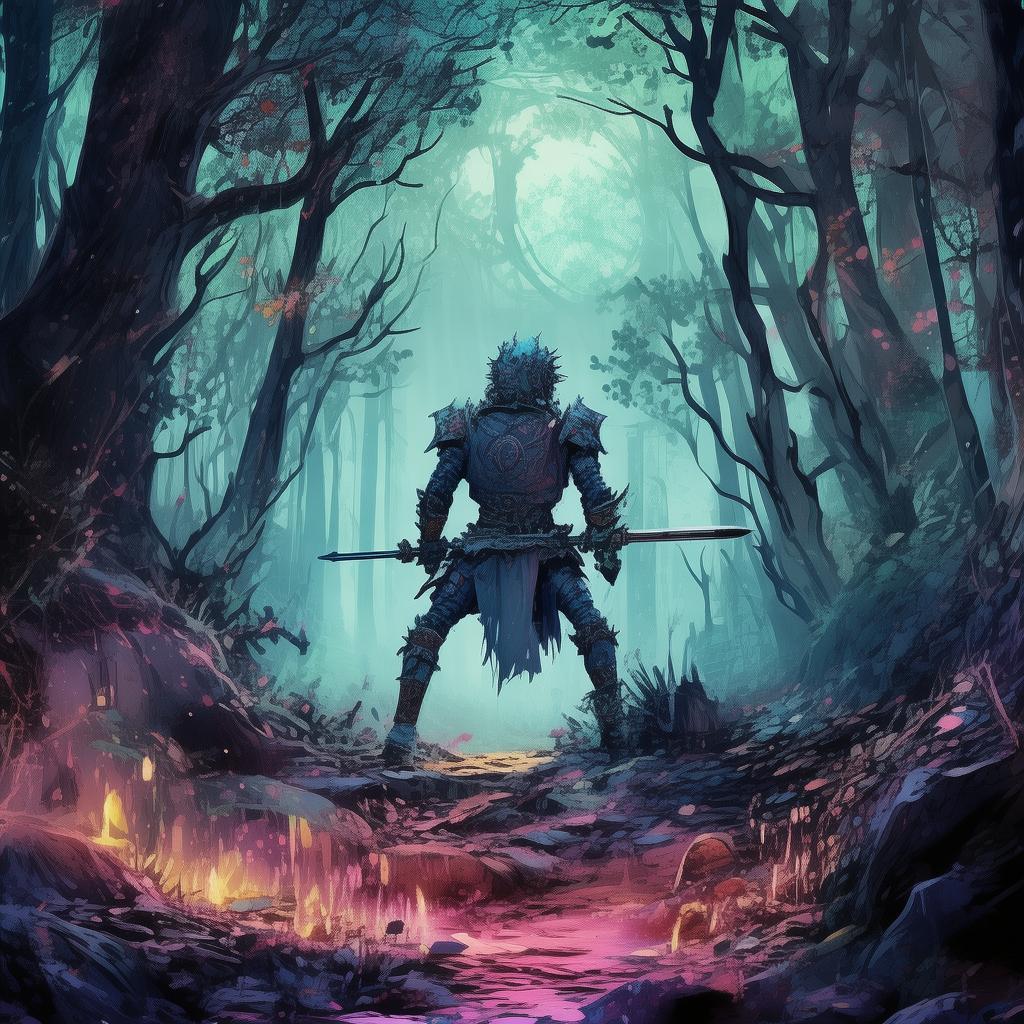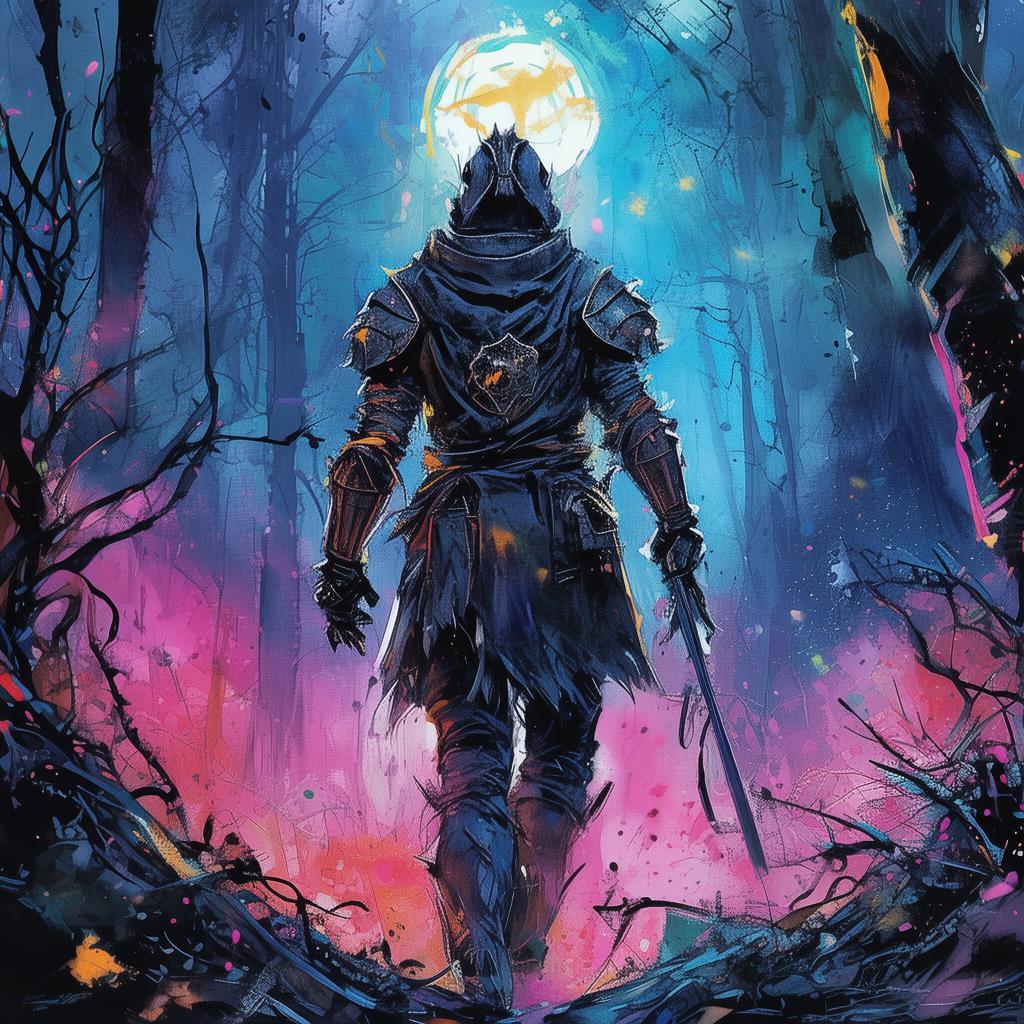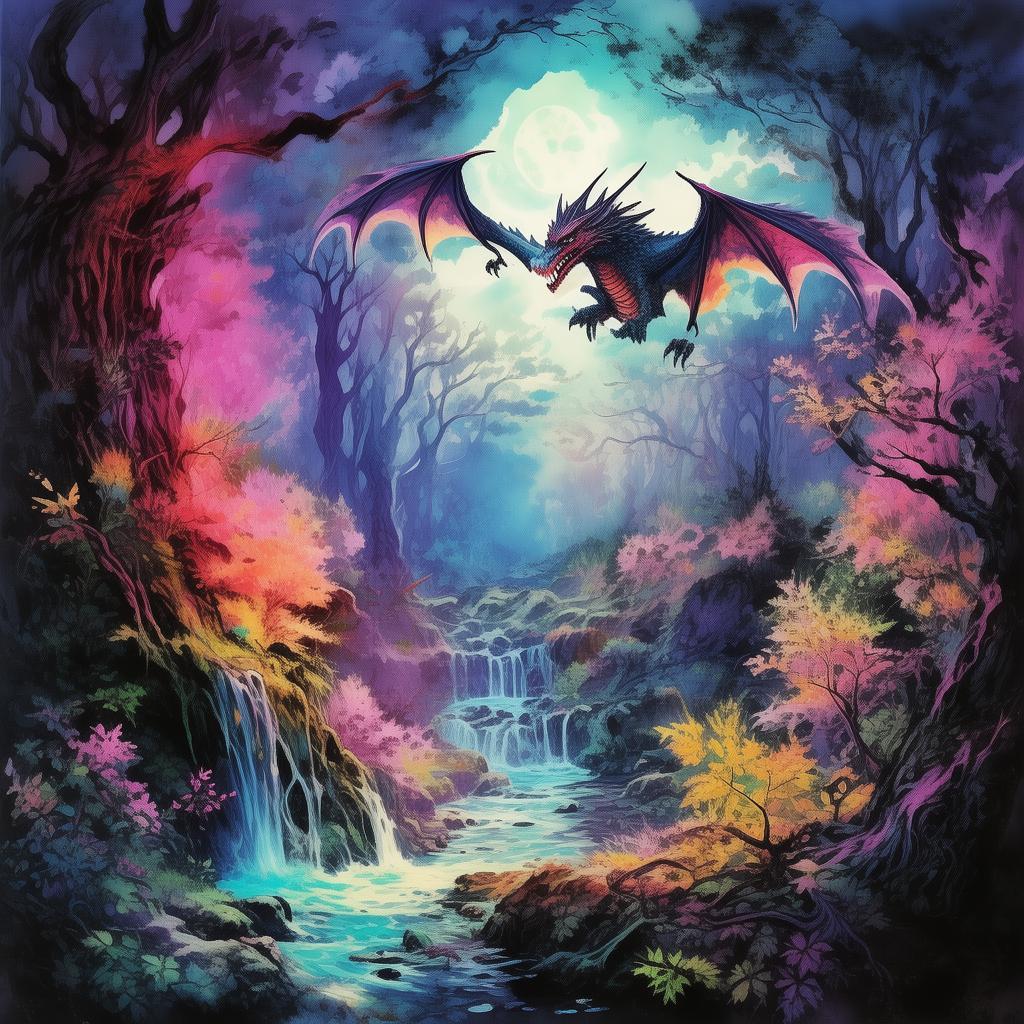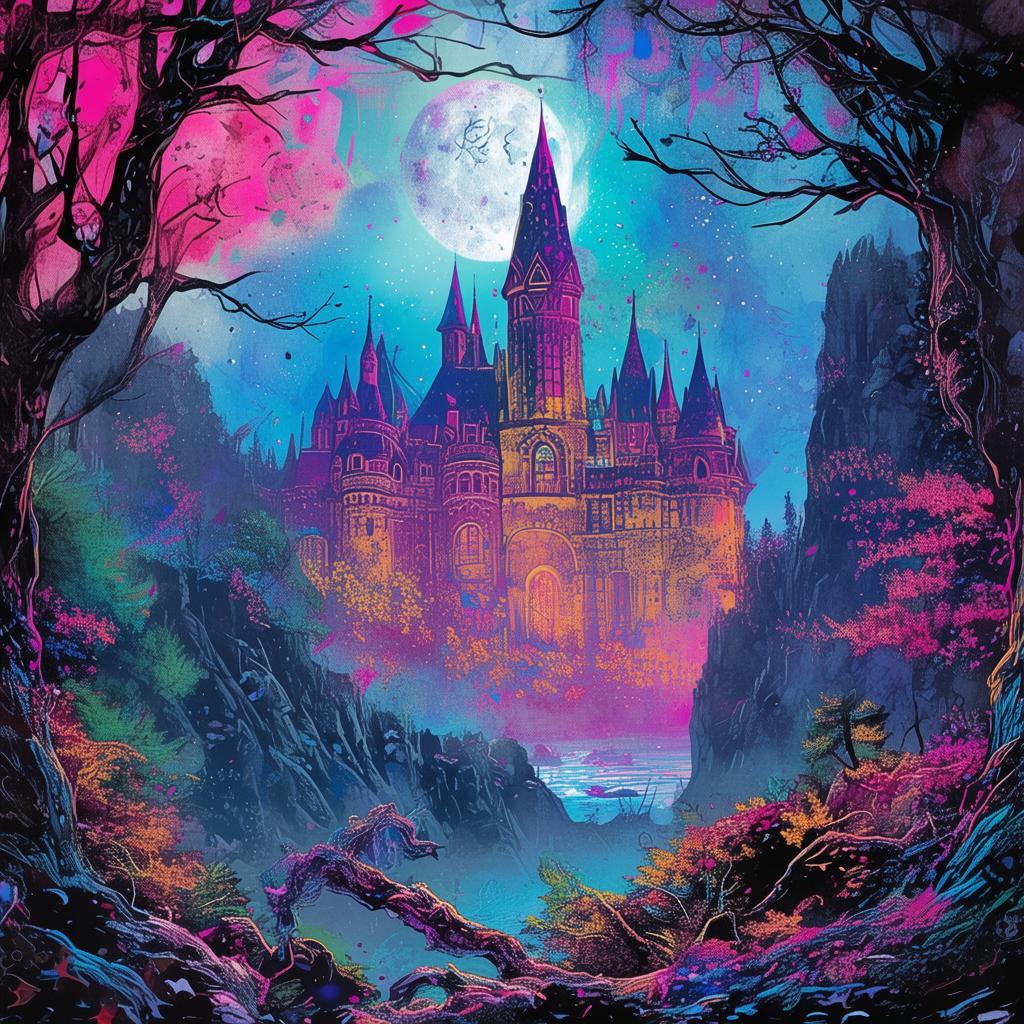The Lament of the Dragon River: Qu Yuan's Unseen Journey
In the twilight of the Warring States period, amidst the tumultuous rise and fall of dynasties, there lived a man whose voice resonated with the wisdom of the ages. Qu Yuan, a statesman and a poet, was a man of profound intellect and unyielding spirit. He served the King of Chu with unwavering loyalty, offering counsel and guidance in the hope of uniting the divided kingdom.
Yet, in the court of King Huai, betrayal and intrigue reigned supreme. Qu Yuan's honest counsel was met with suspicion, and his once trusted friends turned against him. Accused of treachery, he was banished from the kingdom, his name synonymous with dishonor and betrayal.
As the years passed, Qu Yuan wandered the countryside, his heart heavy with the weight of his plight. He wandered through the lush landscapes of Chu, his eyes reflecting the sorrow that had consumed him. It was during these travels that he composed his most famous work, "Li Sao," a dirge of despair and longing for the days of his youth and the lost kingdom of Chu.

One fateful day, Qu Yuan reached the banks of the Dragon River, a great and ancient river that wound its way through the heart of his beloved land. The river, it was said, was the dwelling place of the dragons, and its waters were imbued with the essence of the earth and sky. It was here, in the presence of this mystical river, that Qu Yuan felt the full weight of his sorrow.
As he stood at the river's edge, the pain of his betrayal and the loss of his kingdom overwhelmed him. He took a deep breath, and with a heart full of sorrow, he recited his final lament:
> "Oh, Dragon River, you flow with the might of the earth,
> Carrying the sorrows of men on your back.
> Listen to my lament, oh river of might,
> For I am a man who has lost his kingdom and his right."
With those words, Qu Yuan stepped into the river, his spirit seeking solace in the depths of the water. The people of Chu watched in horror as the great poet drowned, his body carried away by the swift current.
But as the river's waters closed over his head, something extraordinary happened. The river, which was said to be the home of the dragons, surged with power, and a great dragon emerged from the depths. The dragon took Qu Yuan in its mouth and carried him to the heavens, where he was transformed into a deity, a guardian of the river and the protector of the people.
The people of Chu mourned the loss of their poet, but they also celebrated his transformation. They built temples in his honor, and each year, they would gather by the river to remember him and to sing his songs. It was said that on the night of the Dragon River Festival, Qu Yuan's spirit would return to the river, and the waters would glow with a celestial light.
And so, the story of Qu Yuan, the man who drowned in the Dragon River, became a legend. It was a tale of sorrow, betrayal, and redemption, a story that would echo through the ages, reminding all of the power of truth and the eternal quest for justice.
In the years that followed, the Dragon River Festival became a time of reflection and renewal. The people would gather to honor Qu Yuan, to sing his songs, and to share the wisdom of his teachings. And though the river continued to flow, its waters carrying the secrets of the earth and sky, the legend of Qu Yuan remained, a beacon of hope in a world often shrouded in darkness.
As the sun dipped below the horizon, casting long shadows over the riverbank, the people of Chu would gather, their voices rising in song, echoing the ancient words of their beloved poet:
> "Oh, Dragon River, you flow with the might of the earth,
> Carrying the sorrows of men on your back.
> Listen to my lament, oh river of might,
> For I am a man who has lost his kingdom and his right."
And so, the story of Qu Yuan, the Dragon River, and the eternal quest for truth would continue to be told, a testament to the enduring power of the human spirit.
✨ Original Statement ✨
All articles published on this website (including but not limited to text, images, videos, and other content) are original or authorized for reposting and are protected by relevant laws. Without the explicit written permission of this website, no individual or organization may copy, modify, repost, or use the content for commercial purposes.
If you need to quote or cooperate, please contact this site for authorization. We reserve the right to pursue legal responsibility for any unauthorized use.
Hereby declared.
